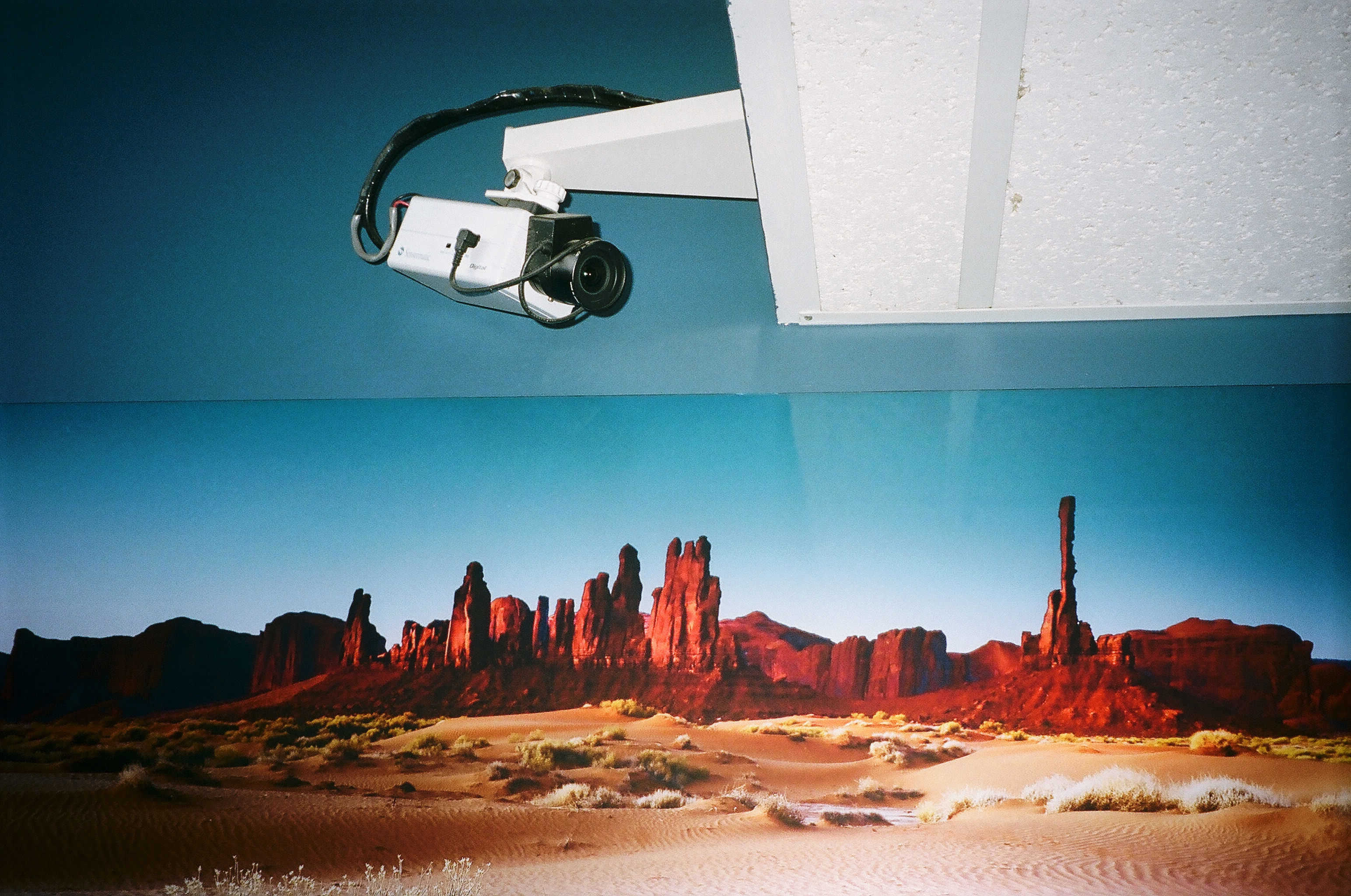
I just re-read George Orwell’s 1984, and was creeped out how accurate many of his predictions were:
I wanted to use this opportunity to process some notes I had about 1984, as an opportunity to internalize what I learned, and a chance for me to reflect.
1. Thought police
In 1984, there is the ‘thought police’ — in which thinking against ‘Big Brother’ is a crime.
Which made me wonder, with all these services like Google, Facebook, and other social media platforms (always ‘spying’ on us with our personal data) — does that cause us to lose liberty? Does it cause us to become more fearful, and not say what is really on our mind, because we are afraid that we are being monitored?
I know for myself, I am a lot more wary and cautious when writing emails in Gmail. Because I know that if a judge orders it, Google would give my personal emails.
The ex-CEO of Google (Eric Schmidt) once said something along the lines of:
If you are doing something you shouldn’t be doing, you shouldn’t be hiding it.
I agree. But at the same time, would you want to show all of your intimate words that you share with your lover for all the public to read?
2. ‘Two minutes of hate’
In 1984, the citizens were allowed to have a daily ‘2 minutes of hate’ — when they would just release and vent all of their anger and negativity towards their enemies.
In today’s world, we kind of have that — with social media. We use social media as a soap-box to vent our negative feelings and emotions.
Yet, in 1984, the purpose of ‘2 minutes of hate’ was to keep the citizens more enslaved. Because they vented their anger at the enemies of big brother — not big brother himself.
The same is with social media. We use social media as a platform to vent our anger. Yet, how infrequently do we vent our anger at the social media platforms themselves— who are actually the controllers of our information?
3. Turning off the ‘telescreen’
In 1984, every citizen has a ‘telescreen’ in their home (imagine a TV glued to your wall, that you can never turn off, and which is always spying on you).
Later on in 1984, one of the members of the ‘party’ is allowed to turn off the tele screen in their own home. The protagonist of the book is shocked.
In a sense, the telescreen is like our modern smartphone. Our smartphone is always on, and always tracking our information, location, behavior, and other habits (if you’re using Google, Android, or Google-related products). Google Maps knows where I park my car and what I do on a daily basis. Google Calendar knows my schedule. Gmail knows my correspondences.
In 1984, citizens are afraid to have freedom of thought, or do whatever they want, or say whatever they want, because they are always being spied on by the telescreen.
Yet we’re fortunate enough in today’s world, we can turn off our smartphones and devices. We can refuse to use Google products, Facebook, or other social media platforms. We aren’t forced to give away our privacy, we give it away willing fully, in order to have an easier quality of life.
As for me, I know I am a slave to Google products. And even though I know Google’s motto is ‘Don’t be evil’ — it just takes one evil CEO to ruin humanity.
Am I willing to let go ease of my day-to-day living with technology, in exchange for my personal data and (some) of my liberty?
4. Newspeak
In 1984, the government is trying to force everyone to speak ‘newspeak’ — which is essentially a dumbed down version of English.
So instead of saying ‘bad’, citizens are taught how to say
‘ungood’. If they want to say something is very good, they say it is ‘plusgood.’ If they want to say it is extremely good, they say it is ‘doubleplusgood.’
The purpose is to eliminate creativity of thought, and prevent the citizens from uprising against big brother.
In today’s world, I see a lack of creativity in terms of topics that people talk about. It is always about celebrities, the new iPhone, gossip, sports news, and other shallow topics.
The government isn’t dumbing us down on purpose, but our media is. In this sense, our society is more like that in a ‘Brave New World’ (where citizens are dumbed down with soma and mindless entertainment). But that is a different essay.
Conclusion
1984 has helped challenge my personal views on my personal use with technology. I am now a lot more aware and weary of my Google use, my Facebook use, and my social media use. I think I am going to start slowly weening myself away from these ‘free’ services. Because I know that no such thing as ‘free’ exists. There is always a catch somewhere.
Like they say in Silicon Valley:
If the product you are using is free, then you are the product.
I don’t want to be anybody’s product.
Eric
Hanoi, 11:48am, Feb 7, 2017 @ Cong Caphe

